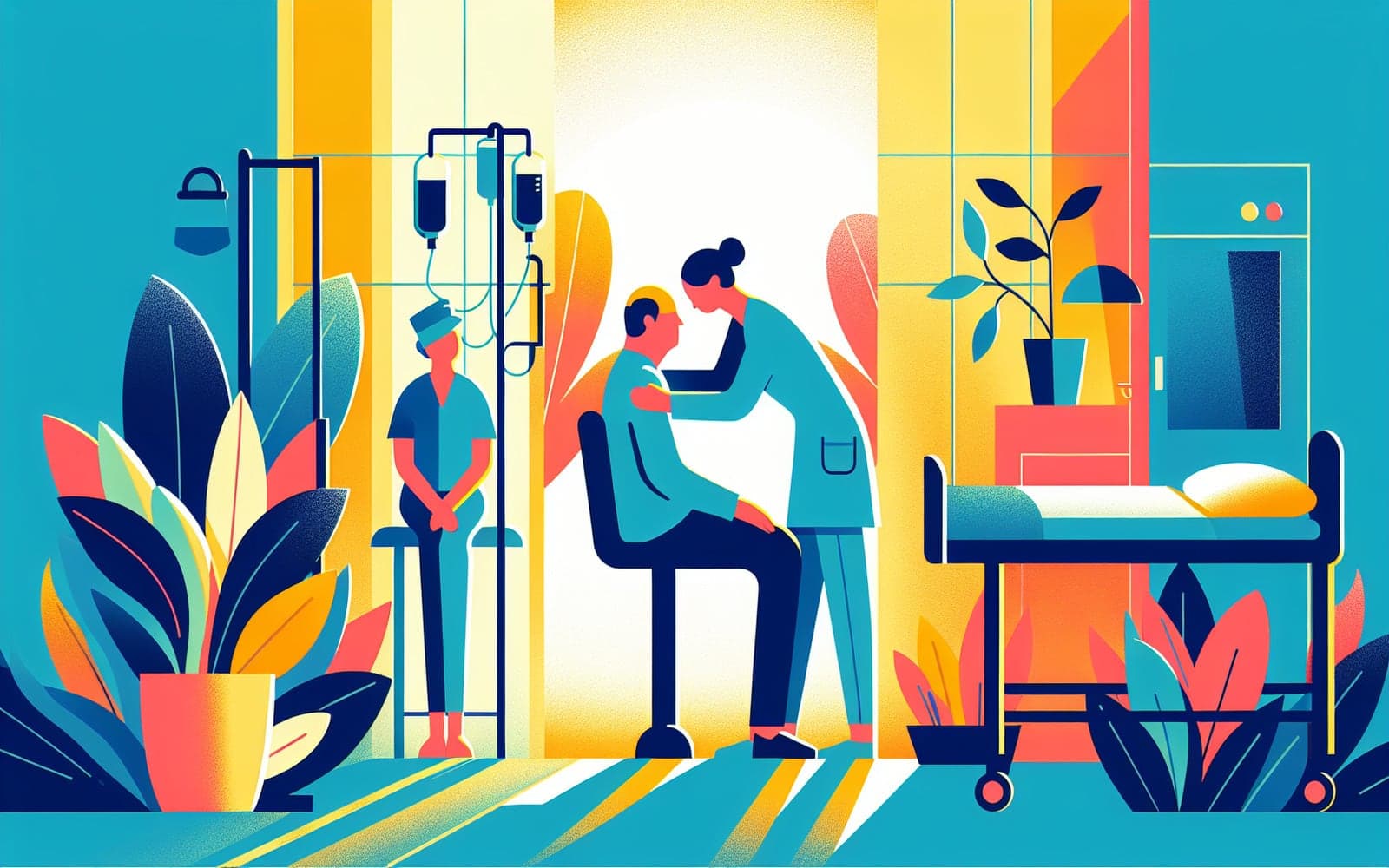Treating Pneumococcal Pneumonia: From Hospital to Home
Published: May 19, 2024

Medically reviewed by Oghenefejiro Okifo | MD, Harvard Medical School | Henry Ford Hospital - Detroit, MI on May 19th, 2024.
Treating pneumococcal pneumonia requires a well-planned strategy. The goal is to knock out the infection and help you recover as quickly as possible.
Contents
Starting Strong in the Hospital
Most people with pneumococcal pneumonia start treatment in the hospital. You'll typically receive antibiotics through an IV (intravenous line). This allows the medication to get into your system quickly and start fighting the infection. The most common antibiotic used is called ceftriaxone. You may also receive oxygen if your levels are low and other supportive care as needed.
Transitioning to Home Care
As you start to improve, your doctor will switch you from IV to oral antibiotics. This usually happens after a few days. The exact antibiotic depends on the specific bacteria causing your infection and how severe it is. You'll continue taking these at home for several more days. It's crucial to finish the entire course of antibiotics, even if you're feeling better.

Additional Treatments
Some patients may receive additional treatments. For severe cases, doctors might add a second antibiotic called a macrolide. This can help reduce inflammation in your lungs. If you develop complications like fluid around your lungs (called pleural effusion), you might need a procedure to drain it. Your doctor will monitor you closely for any signs of complications.
Frequently Asked Questions
Typically 5-7 days, but can be longer for severe cases.
Possible side effects include diarrhea and nausea; discuss concerns with your doctor.
Your doctor will advise based on your recovery; usually after fever is gone.
Alternative antibiotics are available for those with allergies.
Key Takeaways
With proper treatment and care, most people recover fully from pneumococcal pneumonia.
Have questions about pneumonia treatment? Consult with Doctronic for personalized advice and support.Related Articles
References
Mandell LA, et al. Infectious Diseases Society of America/American Thoracic Society Consensus Guidelines on the Management of Community-Acquired Pneumonia in Adults. Clin Infect Dis 2007; 44:S27-72.
Musher DM, Thorner AR. Community-Acquired Pneumonia. N Engl J Med 2014; 371:1619-1628.
This article has been reviewed for accuracy by one of the licensed medical doctors working for Doctronic. Always discuss health information with your healthcare provider.

